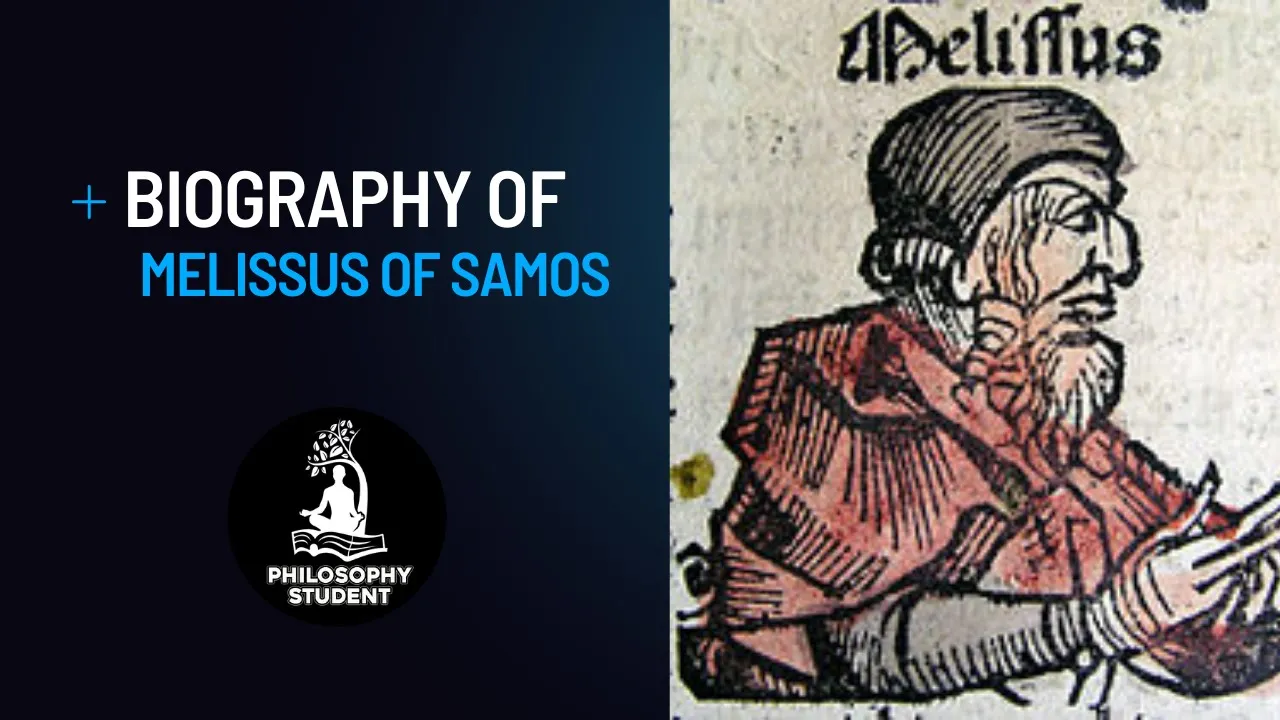The last of the Eleatic philosophers—Pre-Socratics active in Elea (modern Velia, Italy) early in the fifth century BC—Melissus of Samos, along with Zeno and Parmenides, argued that reality is eternal: ungenerated, indestructible, indivisible, changeless, and motionless. Going beyond Parmenides, Melissus argued that it is also infinite in every direction and, therefore, unitary: one.
All that remains of Melissus’ work is On Nature, fragmentarily preserved in a few summaries and in commentaries on Aristotle by Simplicius of Cilicia (c. 490-c. 560). Moreover, little is known of his life. It is believed he was born about 500 BC, but his death date is entirely a mystery. Plutarch, in his Life of Pericles, notes that Melissus commanded the Samian fleet in the Samian War (440-439 BC).
From what fragments we have of On Nature, we can conclude that Melissus’ concept of the universe was infinite and (in contrast to Parmenides) wholly unlimited. Moreover, while Parmenides conceived of being as a timeless present, Melissus described it as eternal. Melissus calls being “The One” and tries to create a conceptual timeline for its eternal nature. That is, he argues that whatever comes to be must have a beginning, but The One did not come to be, so cannot have a beginning and is therefore eternal in that it has always existed in the past. Moreover, that which has a beginning must also have an end. Because The One had no beginning, it will not end but will always exist in the future.
Parmenides defines eternity as an eternal present; that is, only the moment exists. In contrast, Melissus conceptualizes eternity as an infinity of moments. Critics of Melissus fault his reasoning on a deductive basis in that he does not solve all the formal problems created by arguing for a changeless, motionless, infinite succession of moments, a position that poses inherent self-contradiction.
Among Melissus’ sharpest critics was Aristotle, who cited invalid arguments proceeding from false assumptions. Nevertheless, Melissus’ philosophy was influential on atomism and was the representation of Eleatic philosophy used in the writings of Plato and Aristotle.




































